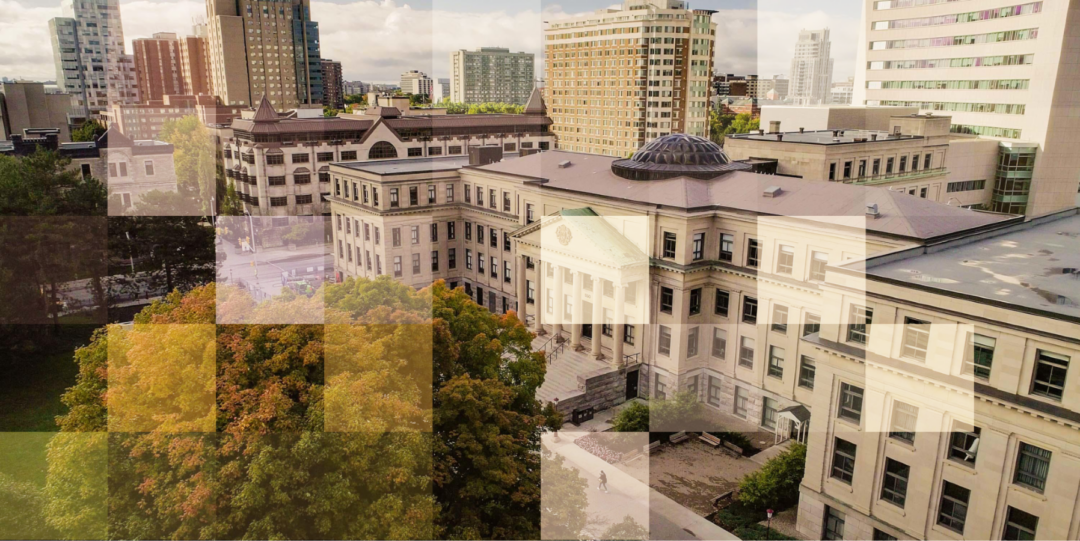Article original le 19 décembre 2022
Un ancien bureaucrate fédéral ne pense pas que les Canadiens aient envie d'élections fédérales dans un avenir proche.
Michael Wernick a passé 25 ans à occuper divers postes de haute fonction publique.
Pendant trois de ces années, de 2016 à 2019, il a été greffier du Conseil privé.
Le journaliste italien d'OMNI, Giacomo Buratti, s'est entretenu avec Wernick à propos du climat politique actuel, notamment des défis découlant de la Loi sur les mesures d'urgence, des défis constitutionnels provinciaux et fédéraux et de l'introduction de la Loi sur la souveraineté en Alberta.
Le jour où la Chambre des communes ajournait pour ses vacances d'hiver, le chef du NPD, Jagmeet Singh, a critiqué le premier ministre Trudeau au sujet du financement des soins de santé de la province.
Singh a laissé entendre que l'accord de confiance et d'approvisionnement avec les libéraux pourrait être menacé si Trudeau ne respectait pas ses engagements. Cependant, cette déclaration a été largement perçue comme une menace en l'air dans les cercles politiques.
« Ce sont des relations difficiles, il y a une sorte de tension entre eux », a déclaré Wernick.
« Chacun des partis s'inquiète de savoir si cela va marcher pour eux à long terme. Nous ne pouvons donc pas savoir quelles négociations se déroulent en coulisses, à huis clos. Certaines d'entre elles seront prises à la légère par le biais des médias. »
Wernick croit que les Canadiens détermineront à quel point le NPD est sérieux au sujet de l’accord lorsque le budget fédéral sera déposé en février ou en mars.
L'ancien greffier du Conseil privé a déclaré que l'une des leçons qu'il a tirées de l'invocation de la Loi sur les mesures d'urgence concerne le flux d'informations qui parvient aux décideurs.
En ce qui concerne la guerre de territoire qui oppose les forces de l'ordre, Wernick soutient qu'il ne s'agit pas d'un phénomène nouveau. D'un point de vue politique, il ne croit pas que le rapport final de la Commission de l'ordre public puisse constituer une source de débat politique à court terme, quelle que soit la décision.
À propos du discours de la première ministre de l'Alberta, Danielle Smith, qui préconise « une attitude ferme envers Ottawa », Wernick a déclaré que la Loi sur la souveraineté sera testée question par question, en supposant que le Parti conservateur uni (UCP) soit élu au printemps.

